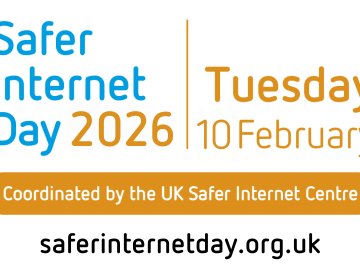With Safer Internet Day shortly approaching, it’s essential for schools to understand the importance of online safety. Awareness around online safety should not be reserved for one day of the year, it is a continuous focus that should build and improve as time goes on. As stated in the Department for Educations Keeping Children Safe in Education, schools are required to take necessary steps to ensure children are kept safe online. Take a look below at how schools can take an individual approach towards online safety that can work towards exceptional standards.
The Self-Review Approach
While options are available to outsource help from external organisations to review your policies and practice, a self-review approach can allow you to fully understand what impact your school is making without having to spend any money in the process. With self-review, you will essentially work though aspects of online safety to record progress, raise standards and improve your practice. Having this insight also gives you a first-hand look at the positive change you are making which can often feel empowering and sets you up to continue meeting expectations without having to rely on others.
While it may seem like hard work, over 13,500 schools are actively improving their online safety standards in an accessible and simple way by using the 360 Safe Review tool, which is completely free. The 360 tool allows you to progress through 21 aspects of online safety, allowing you to record progress and produce reports. As you go along, and show that you are meeting exceptional standards, you’ll be able to apply for a nationally recognised award, the ‘Online Safety Mark’. This accreditation can be used to show how well you have performed and will showcase your school or organisation as a place that prioritises online safety. Many schools promote this achievement across their school website as well as on social media.
Other Areas of 360
As many other education settings need to address their online safety policy and practice, there are other versions of 360 that may be more applicable and relevant to your organisation. Take a look at what’s available.
360 for Multi-Academy-Trusts: Provides an essential overview of the quality of online safety across the Multi-Academy-Trust as well as at individual academies.
360 Early Years: A range of early years settings can use this free tool and includes specific guidance around online safety of earlier age groups and the staff/volunteers that work with them.
360 Groups: Relevant for those wider organisations that work with children and young people. These can include: youth groups; sports groups, after school clubs; holiday activities groups; libraries and church groups.






